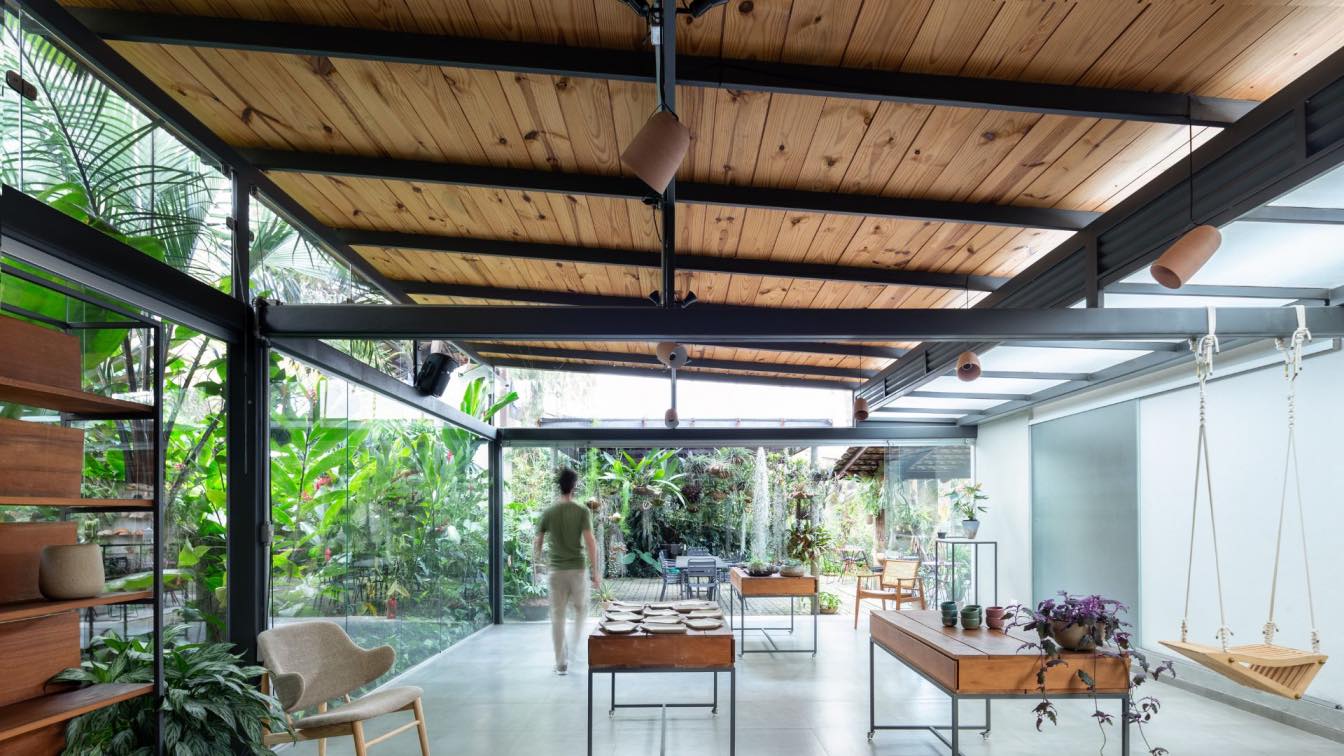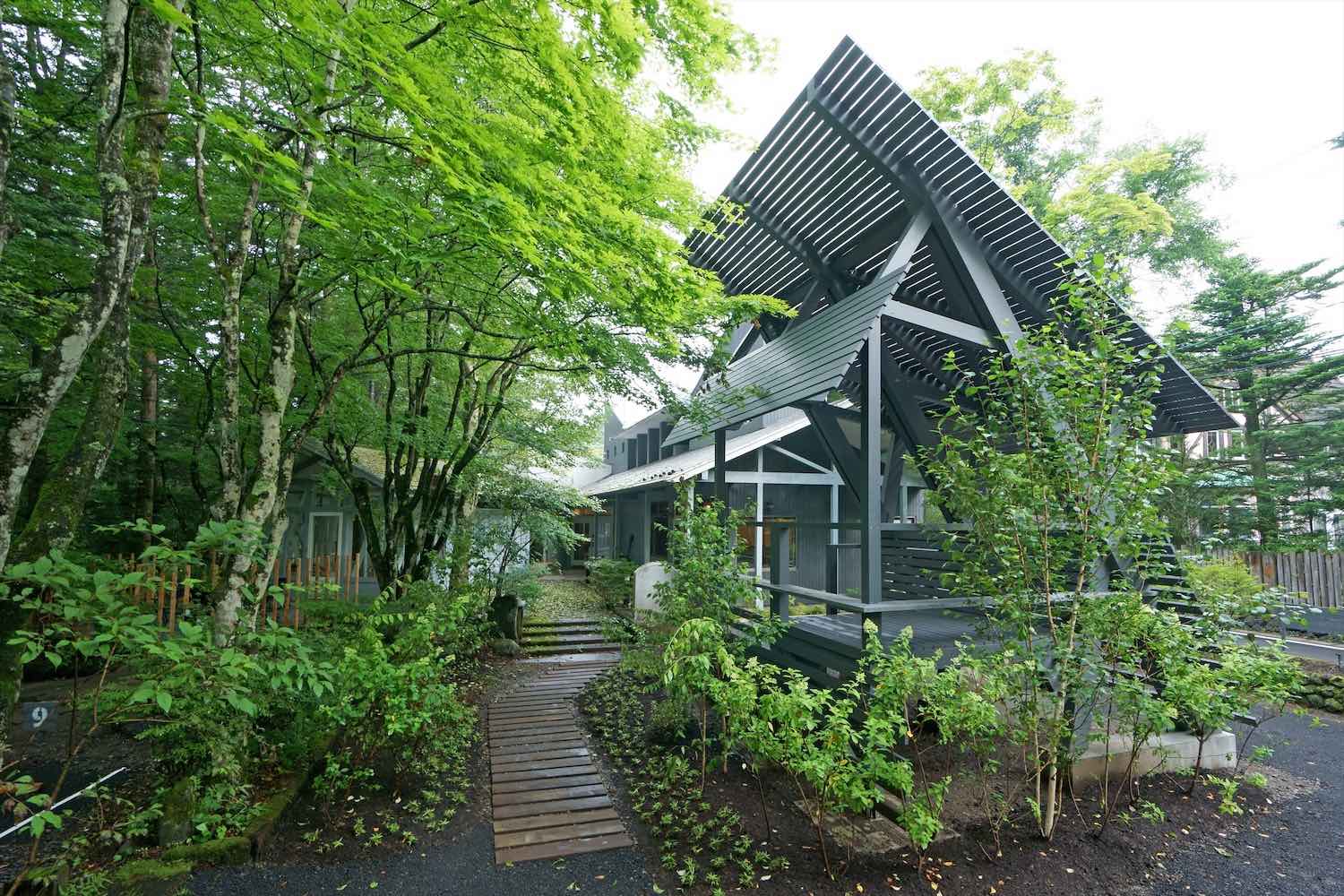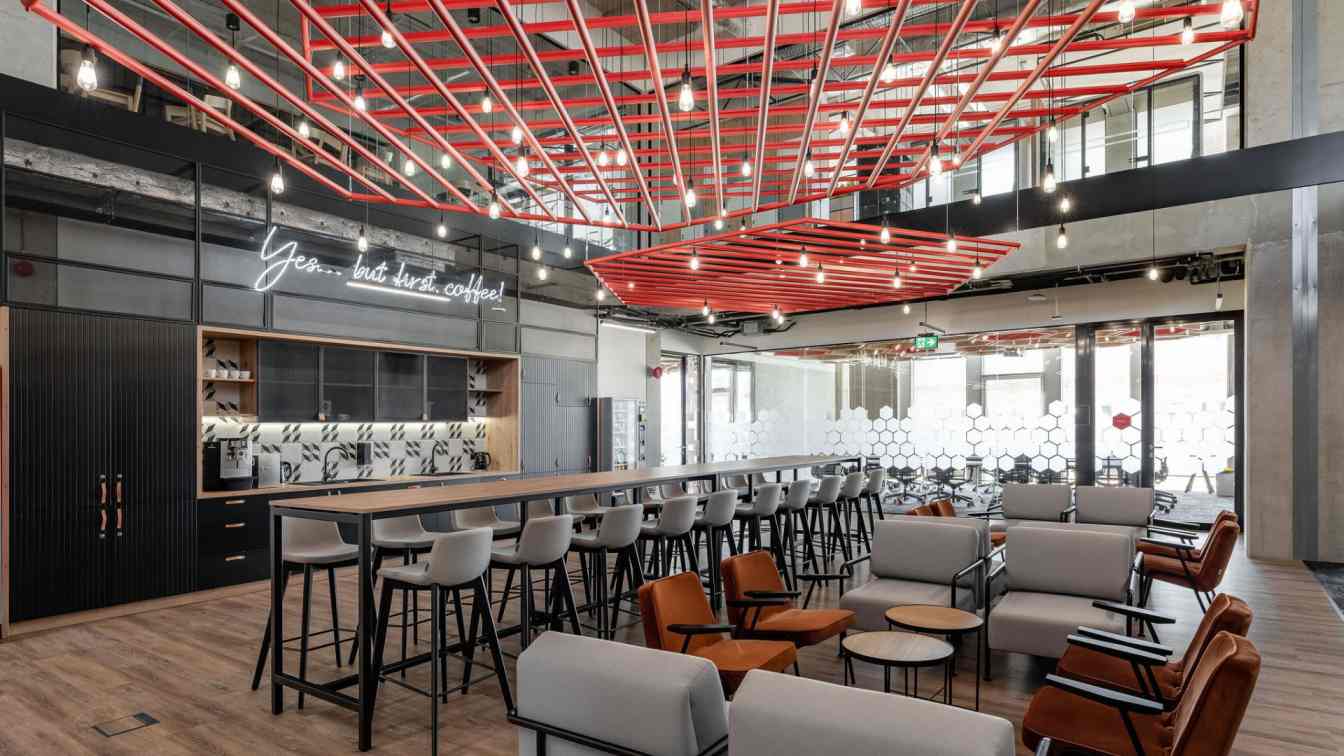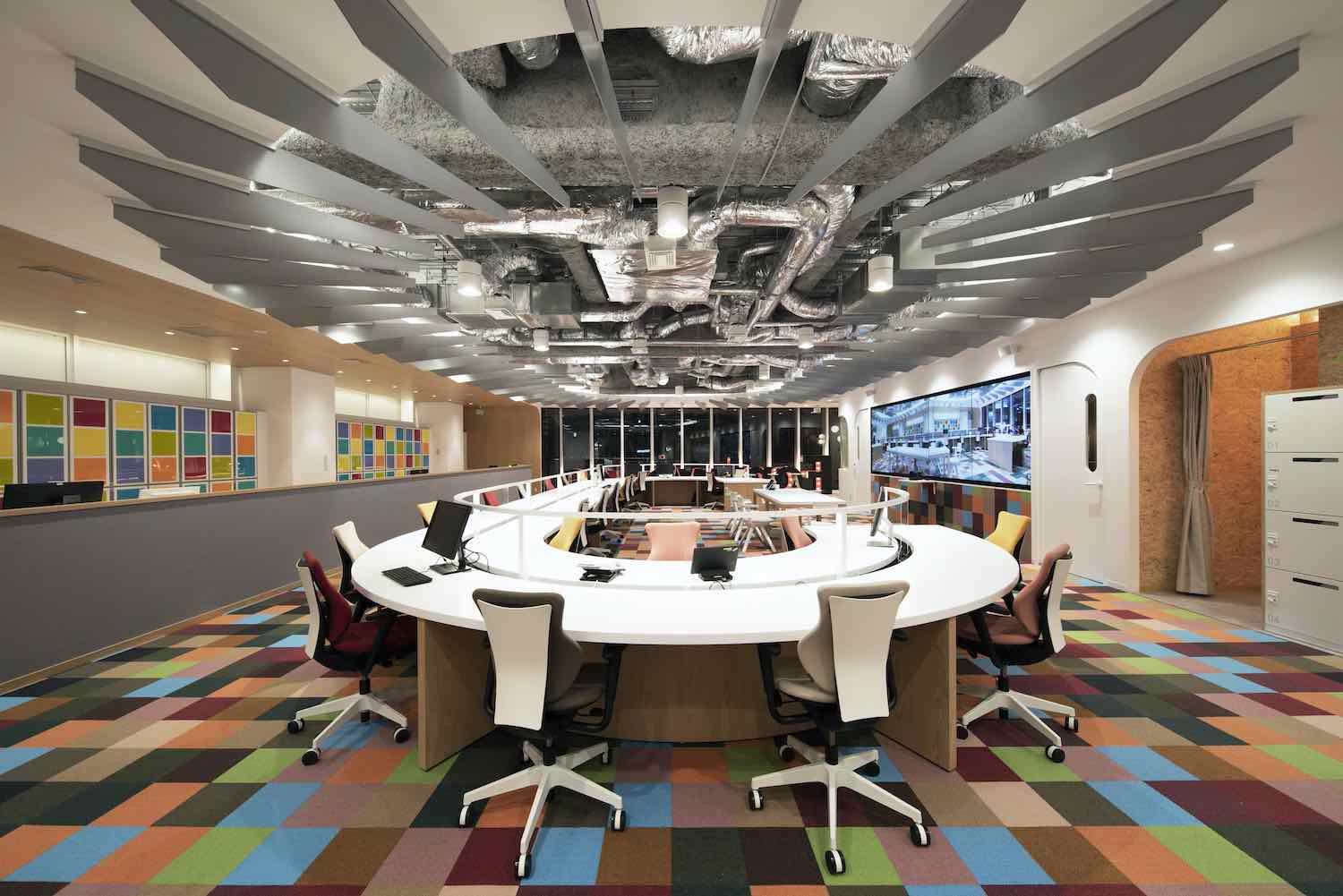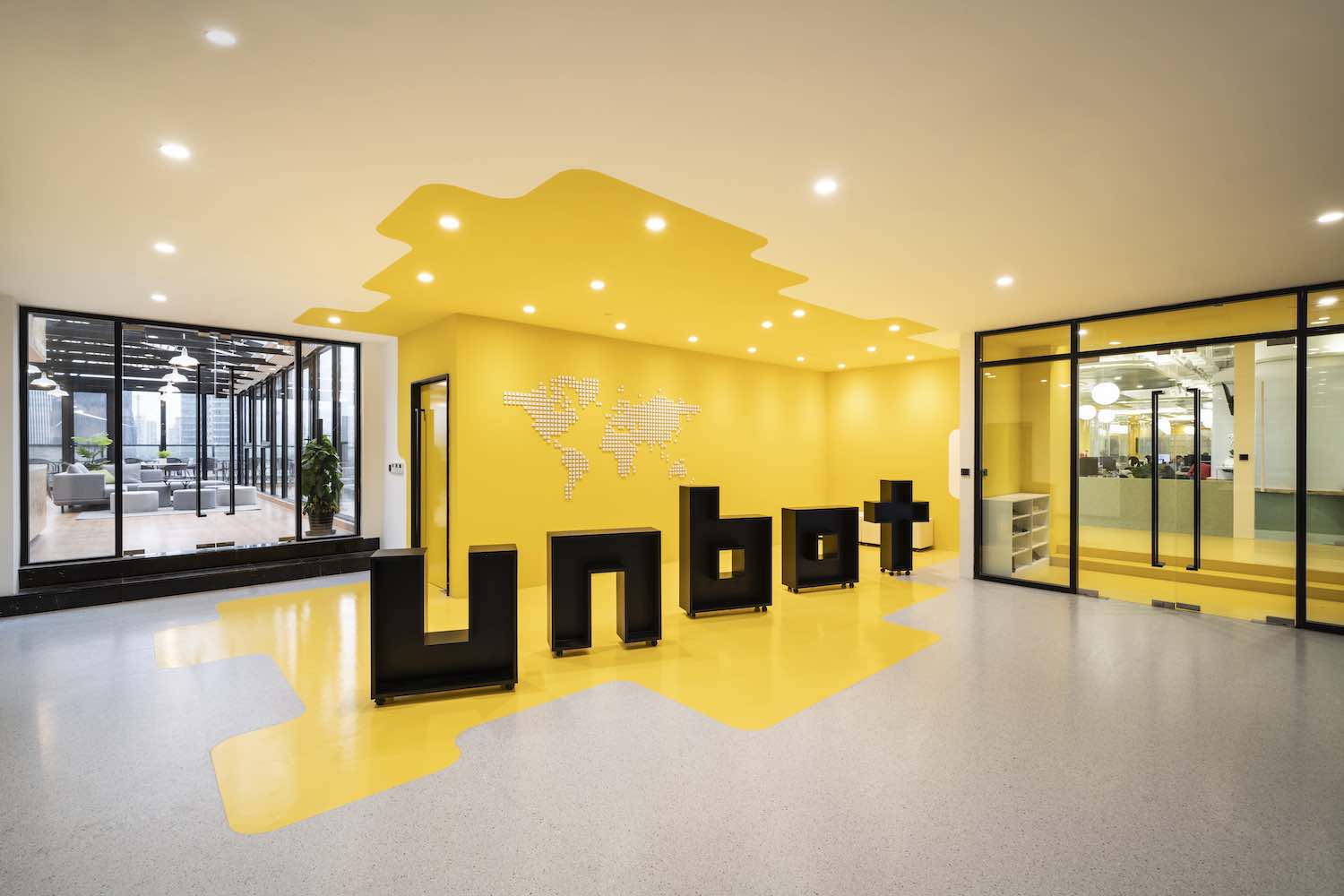Located in the metropolitan area of Belo Horizonte (Brazil), “O Ateliê de Cerâmica” is a design studio focused on the production of ceramic objects and the preservation of traditional craftsman’s methods. Founded in 2002, it went through refurbishment and expansion in 2014 and a later intervention in 2019. The three designers Daniel Romeiro, Flávia Soares and Luiza Soares collaborated with the architect Gabriel Castro (MOBIO) in the architectural project.
The existing building went through numerous interventions including the opening of a new main entrance on the facade to create a more welcoming street access. The store walls were moved in order to enlarge the store area and the kitchen area. The new hall was built connected to the back part of the building, envisioning to host activities such as exhibitions, special store showcases, small events and yoga classes.
It’s main goals included; a broad sectorization to define the access and occupation of the external area, the configuration of a coffee shop, expansion of the store area and kitchen, and the settling of a multipurpose hall to host different activities. It’s metal structure was enclosed with glass walls and covered with thermoacoustic roof tiles and a layer of pine wood as ceiling. The transparent elements and large sliding doors integrate the interior with the surrounding garden and it’s hanging planters.
The outside pergola is central to the spatial composition and promotes an enjoyable open air experience over a shared table and under the shade of the hanging plants. The importance of the landscape project relates to the vast collection of plant species, including orchids, bromeliads and foliage, cared by the group for around 20 years. Species which are normally considered too ordinary or out of fashion were given a place to shine. Giant leaves of Taioba (Xanthosoma sagittifolium), an eating vegetable, grow on the garden’s darker corners, while dinheiro-em-penca (Pilea nummulariifoliabrota) and trapoeraba-roxa (Tradescantia pallida purpurea) sprout on the floor and in between the steps of a suspended concrete stair at the main entrance.
Covered by the existing porch next to the pergola, a coffee shop was settled in order to allow visitors to try the ceramic objects while enjoying a relaxing time by the garden. On saturdays, a brunch takes place and the experience is enhanced. The final intervention on 2017 was centered around the production sector located on the upper part of the building ground. An old roof was replaced by a rapidly deployable building of industrial style which enlarged the space and optimized the production system.
On this part of the building ground, the floor area is divided in two longilinious parts with a difference in height of 55cm between them due to the existence of a retaining wall. It was maintained and taken advantage of in order to sectorize different production stages. The working tables for shaping and glazing, sinks, cabinets and clay storage were placed on the upper part. The kilns, connected to an exhaustion system, shelves and potter’s wheel were placed on the lower part. Existing changing rooms were remodeled as well as the cats’ shelter, with the addition of a washbasin between them.
What is the main focus of the project?
This was a renovation project that aimed to create a green oasis within an industrial area and provide a new space with several demands for "O Ateliê de Cerâmica," a group of designers and artisans dedicated to producing utilitarian and decorative ceramic pieces. The space has been designed for both the production and sale of ceramic objects, as well as to offer an experience of contemplation of a large collection of plants.



